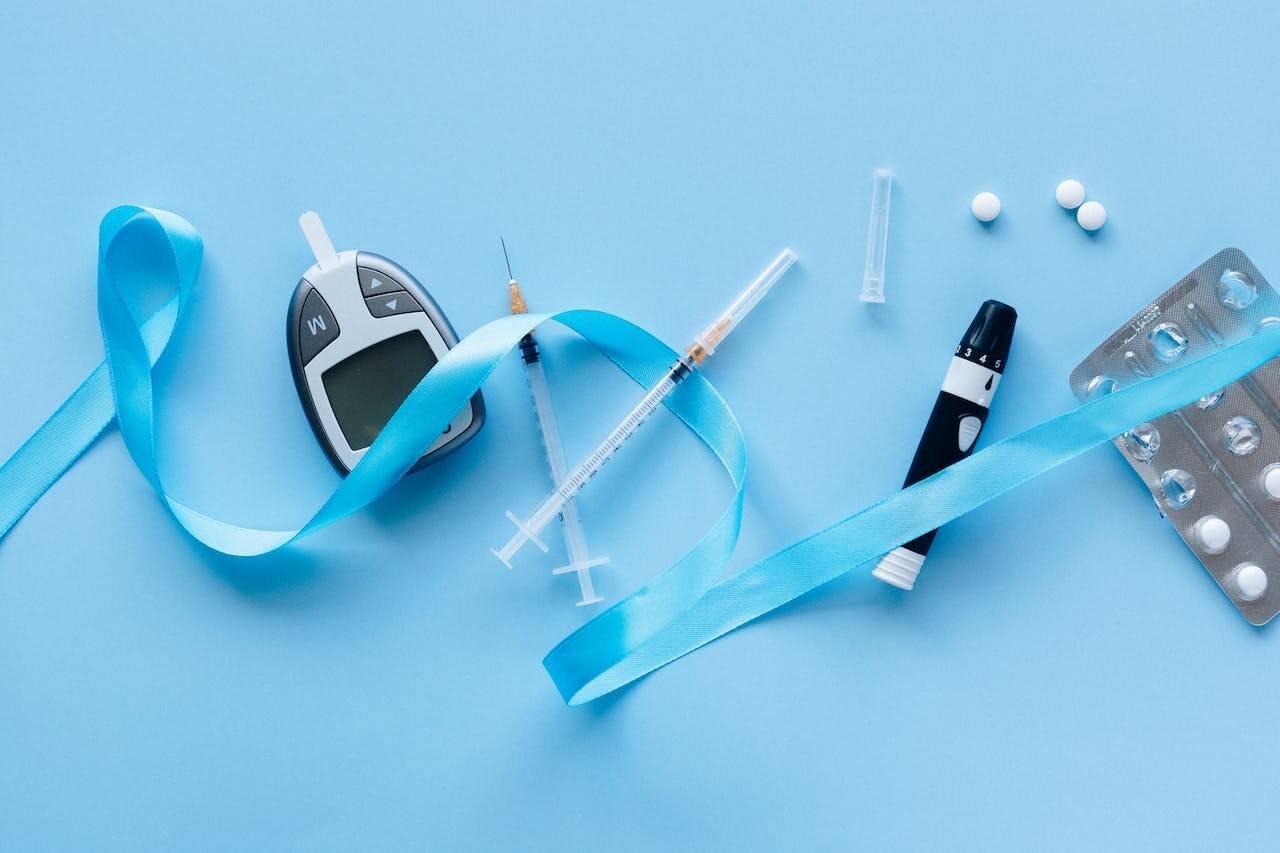Diabetes is a chronic disease that affects millions of people worldwide. It occurs when the body cannot produce or properly use insulin, a hormone that regulates blood sugar levels. Without proper management, diabetes can lead to serious health complications such as heart disease, stroke, and kidney failure.
Receiving a diagnosis of diabetes can feel overwhelming and frightening. Patients may worry about how the disease will affect their daily lives and whether they can continue doing what they love. However, patients can thrive despite their diagnosis with the right mindset and approach. In this article, we will discuss six methods that patients diagnosed with diabetes can use to live a wholesome and fulfilling life.
Educate yourself
Knowledge is power when it comes to managing diabetes. Patients should take the time to understand their condition, its causes, symptoms, and treatment options. Patients can make more informed decisions about their health and lifestyle by educating themselves.
One essential aspect of education is understanding the importance of blood sugar monitoring and how to do it correctly. Patients should also learn about healthy eating habits, exercise plans, medication management, and potential complications. Many resources include books, online articles, support groups, and educational classes. Patients should also ask their healthcare providers for guidance and recommendations.
It is also crucial for patients to learn how to recognize the signs of high or low blood sugar levels and manage them effectively. By staying informed, patients can take control of their condition and thrive despite the diagnosis.
Adopt a healthy lifestyle
A healthy lifestyle is crucial for managing diabetes effectively. Patients should maintain a balanced diet with plenty of fruits, vegetables, whole grains, and lean protein sources. They should also limit their intake of unhealthy fats, processed foods, and sugary drinks.
Regular exercise is another essential aspect of a healthy lifestyle. Physical activity can help control blood sugar levels, improve cardiovascular health, and reduce stress and anxiety. Patients should aim for at least 30 minutes of moderate to intense exercise most days of the week.
Quitting smoking and limiting alcohol consumption are also vital for overall health and diabetes management. Smoking increases the risk of heart disease, stroke, and other complications, while excessive alcohol intake can cause blood sugar fluctuations and impact medication effectiveness.
Manage stress levels
Stress can have a significant impact on blood sugar levels and overall health. When the body is under pressure, it releases hormones that can cause blood sugar to rise. For patients with diabetes, this can be dangerous.
Therefore, managing stress levels is crucial for diabetes management. Patients should find healthy ways to cope with stress, such as meditation, yoga, deep breathing exercises, or engaging in enjoyable activities. A positive mindset and social support can also help reduce stress levels.
It is also crucial for patients to take care of their mental health. Diabetes can be overwhelming, and patients may experience anxiety, depression, or other mental health issues. Seeking professional help and talking to a healthcare provider about concerns is encouraged.
Follow medication and treatment plans
Patients diagnosed with diabetes may need to take medications to manage their condition effectively. Patients must follow their prescribed medication and treatment plans to control blood sugar levels and prevent complications.
Patients should also communicate with their healthcare provider regularly to monitor the effectiveness of their medications. They should not make any changes or stop taking their medication without consulting a healthcare professional first.
Patients should also understand the importance of regular check-ups and tests to monitor their diabetes. These appointments can help detect potential complications early on, allowing for timely interventions.
Involve loved ones
Living with diabetes can be challenging, but patients do not have to do it alone. Patients should involve their loved ones in their diabetes management journey. Family and friends can provide support, encouragement, and accountability.
Patients can also educate their loved ones about diabetes to help them understand the condition better and how they can support the patient. It can be imperative during social gatherings or events where food choices may impact blood sugar levels.
Involving loved ones can help patients feel less isolated and alone in their struggle with diabetes. Patients can also join support groups to connect with others going through similar experiences. It is essential to have a robust support system when living with diabetes.
Utilize technology
Technology has come a long way in helping patients manage their diabetes effectively. Patients can now use continuous glucose monitors, insulin pumps, and other devices to monitor their blood sugar levels and adjust accordingly.
There are also various apps and online tools that patients can use to track their food intake, exercise, medication schedule, and more. These can help identify patterns or triggers that impact blood sugar levels.
Patients can also buy medication online. For example, patients can buy Rybelsus online, a remedy for type 2 diabetes that helps control blood sugar levels and reduce the risk of cardiovascular events. Online pharmacies offer convenience and accessibility for patients with difficulty getting to a physical pharmacy.
Find support and motivation
Finding help and motivation is essential for patients to thrive despite their diabetes diagnosis. It can be challenging to manage diabetes, but patients should remember that they are not alone.
Support groups, educational classes, and online forums can provide a sense of community and understanding. Connecting with others who share similar experiences can be empowering and motivating.
Patients should also celebrate their successes, no matter how small. Every healthy food choice or exercise session is a step in the right direction towards better diabetes management. Patients should also be kind to themselves and remember that managing diabetes is a continuous learning process.

